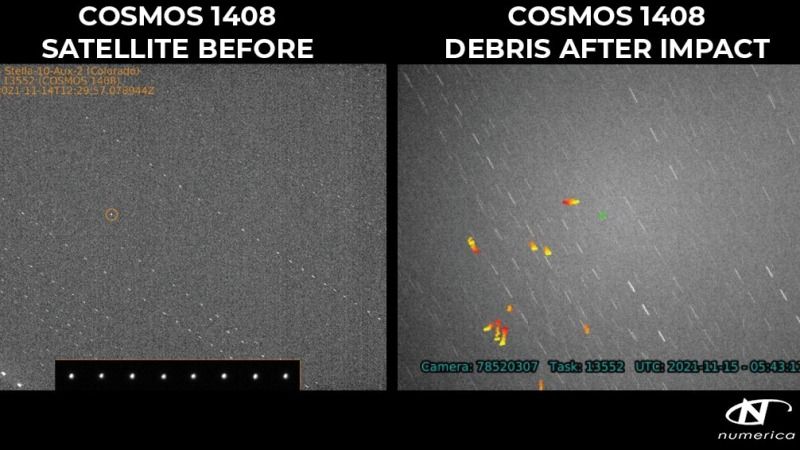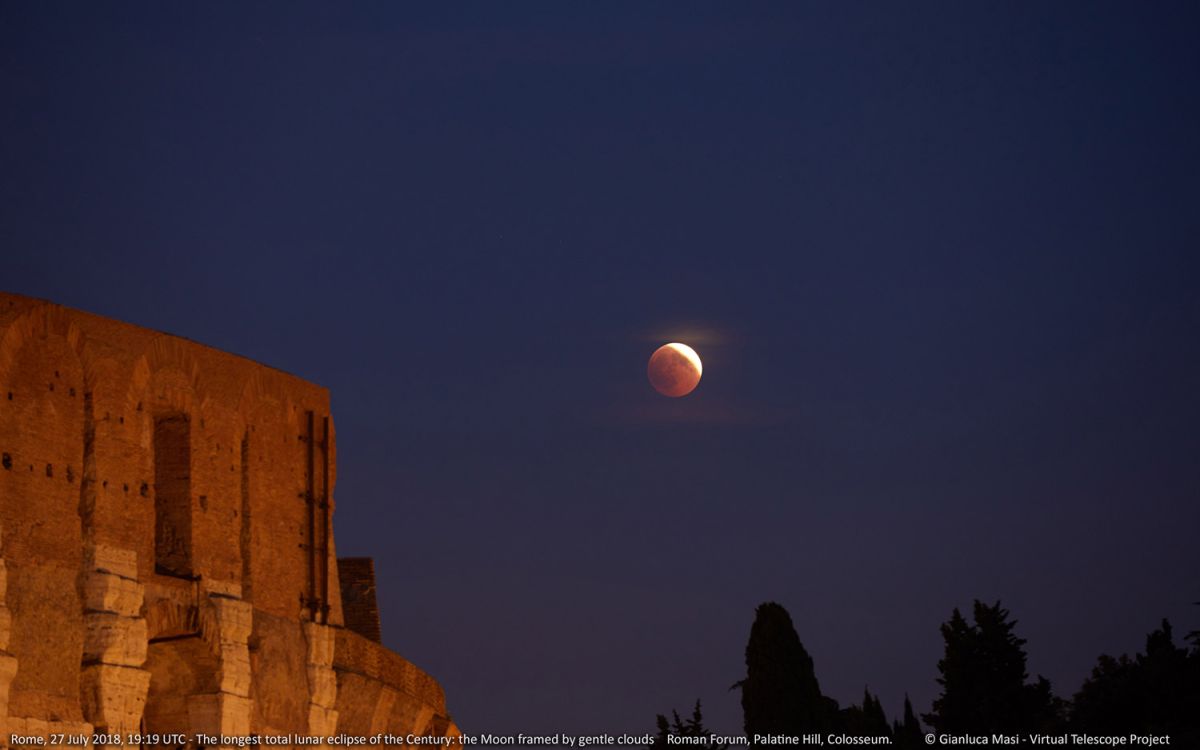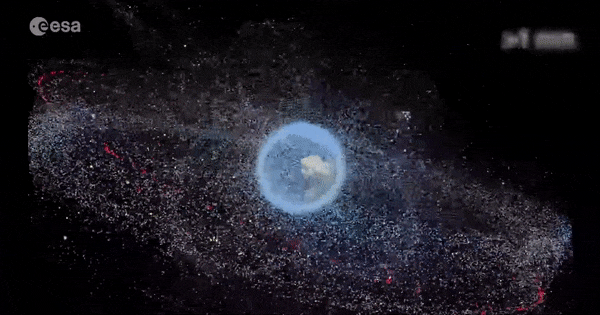NASA has awarded Intuitive Machines of Houston a contract to deliver research, including science investigations and a technology demonstration, to the Moon in 2024.
Read MoreMonth: November 2021
Russian anti-satellite missile test was the first of its kind
Russia’s latest anti-satellite test this week was unlike anything we’ve seen from the nation before. The Russian Ministry of Defense launched an anti-satellite (ASAT) missile on Monday (Nov. 15), destroying one of its own satellites and creating a cloud of space debris that is threatening astronauts at the International Space Station. While nations including Russia have conducted ASAT tests before, this test was something different. Over the years, multiple nations including the U.S. have developed and tested ASAT technology. In 2007, China launched an ASAT missile at one of its…
Read MoreBeaver Moon lunar eclipse 2021: Here’s how to watch it online
You can watch an ultra-long lunar eclipse online on Friday (Nov. 19) from one of several websites. The Beaver Moon lunar eclipse will start at 1:02 a.m. EST (0602 GMT), and the moon will be 97% covered by Earth’s shadow at its peak. The eclipse will end at 6:03 a.m. EST (1203 GMT). While the event will be visible from North and South America, Australia, and parts of Europe and Asia, you can also catch it online if you are clouded out. If you do have good weather, our how…
Read MoreWhat time is the Beaver Moon lunar eclipse this week?
The longest partial lunar eclipse in more than half a millennium is coming up Friday (Nov. 19), and here’s where to watch it. The Beaver Moon lunar eclipse will be visible in North America, South America, much of Europe, much of Asia, Australia, north and west Africa, the Pacific Ocean, the Atlantic Ocean, the Indian Ocean, and the Arctic, according to Time and Date. There also are several online broadcasts if you are clouded out in your region. Lunar eclipses happen when the moon passes into the Earth’s shadow and are…
Read MoreHubble Spies Newly Forming Star Incubating in IC 2631
This Hubble infrared image captures a protostar designated J1672835.29-763111.64 in the reflection nebula IC 2631, part of the Chamaeleon star-forming region in the southern constellation Chamaeleon.
Read MoreHouston, We Have a Groundlink
Through a new program called Groundlinks, students can directly ask questions to crew inside the NASA’s Human Exploration Research Analog, or HERA.
Read MoreNASA Day Highlights STEM Activities for Hundreds of Afghan Evacuees
NASA Langley personnel visited the living support area as part of Operations Allies Welcome, to promote STEM education through hands-on activities at Fort Lee, Virginia, for hundreds of Afghan evacuees.
Read MoreLeonid meteor shower 2021: When, where & how to see it
In mid-November, the fickle Leonid meteor shower hits Earth once again. This annual meteor shower, which peaks overnight on Nov 16-17, is responsible for some of the most intense meteor storms in history. Sometimes, meteors fall at rates as high as 50,000 per hour. These meteor storms only happen rarely, and astronomers aren’t expecting much activity for the 2021 Leonid meteor shower. In fact, with the full moon arriving just two days after the shower’s peak, moonlight will overpower all but the brightest meteors this year. The best time to look…
Read MoreThe Leonid meteor shower peaks tonight! But don’t expect to see much.
When most people hear through the news media of an impending meteor shower, likely their first impression is of a sky filled with shooting stars pouring down through the sky like rain. Such meteor storms have indeed occurred with the famous November Leonids, such as in 1833 and 1966 when meteor rates of tens of thousands per hour were observed. In more recent years, most notably 1999, 2001 and 2002, lesser Leonid displays of up to a few thousand meteors per hour took place. Those turn-of-the-century Leonid showers — and…
Read MoreRussia defends anti-satellite test amid US criticism
Russia is fighting back amid criticism of its anti-satellite test Monday (Nov. 15) that forced the International Space Station crew into temporary shelter. After the U.S. State Department condemned the anti-satellite test what it deems as “dangerous and irresponsible behavior” by Russia, a partner on the space station, officials with the Russian military are defending their launch and its effects. Russia’s Ministry of Defence also issued a Russian-language statement defending the test. The minister-general of the army, Sergei Shoigu, said that the test was successful and that “the resulting fragments…
Read More

